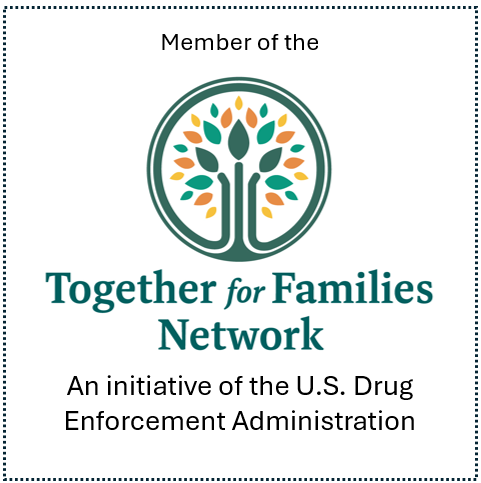Teens and Anger
Ask the Experts | Dr. Renee Catrambone
This article is part three of a 3-part series, Surviving & Thriving the Teen Years with Dr. Renee Catrambone.
We all get angry; teens are no exception. It is a normal response when we think ourselves or those we love are being treated unfairly. In adolescence, teens stop seeing their parents as all-knowing like the great and powerful Wizard of Oz. Some teens don’t feel understood and or accepted by their parents for who they are. Others feel they do not have enough independence or they feel the rules of the house are unjust or overbearing, or that their parents have unreasonable expectations. Teens often view their parents as hypocritical in their expectations of their child’s behavior or inauthentic in how they act in public versus private. They may be angry with society and where they see themselves or their group within that structure.
It is helpful to understand that other people don’t make you angry. You feel angry because of something you dislike or feel is unfair. Parents can help their children become effective in expressing their anger and managing their anger’s intensity. After a wave of anger dissipates, we can also help them learn to problem solve which helps teens feel more capable. Completely accepting your teen’s anger is key, otherwise, they may keep escalating to show you just how angry they are.
Our goal is not to always give into what they are angry about. They can be angry about your rules and you can empathize with their anger and hold your boundaries at the same time. Your child’s anger may get intense and you might need to protect yourself from yelling or otherwise escalating by leaving the room and staying calm. After the wave of anger, by working together, you can help them figure out what they are really angry at.
Imagine a teenager asking to drive your car to a concert with their friends. You may have a rule that they cannot drive friends in the car. You can empathize with your teen’s anger and not give into their demands. Encourage your teen to use I statements, which will help you better understand each other’s feelings. This might sound like, “ I am angry when I feel like I’m being treated like a child.” You might respond with, “I understand feeling angry and yet I feel anxious and vulnerable that something may happen to you or the other kids and so I have to say no. Let’s talk about other ways that you may get to the concert with your friends. Can someone else drive? What if I drive you there and another parent picks you up?”
We all still get angry at times and have to develop ways to calm down so that our prefrontal cortex comes back online quickly and we can start to problem solve. Our response to our anger can be problematic. Screaming, name-calling, and other violent outbursts are unproductive and immature responses. Going for a walk or run, punching bags, playing loud music, doing push-ups, practicing breathing or meditation exercises, or drawing are just a few ideas for an anger plan to reset our emotions. Our goal is to help our teens to take ownership of their anger, find productive ways to express their anger in a more helpful way, and then to problem solve collaboratively with other people. If your child is still struggling to manage their anger, counseling on anger management may be helpful. If your teen is threatening you or you feel unsafe, get help immediately.
Dr. Renee Catrambone trained at University of Chicago Children’s Hospital and has been in pediatric practice for 25 years. She has a special interest in child mental health and emotional growth. She currently sees patients at Cornerstone Pediatrics.






